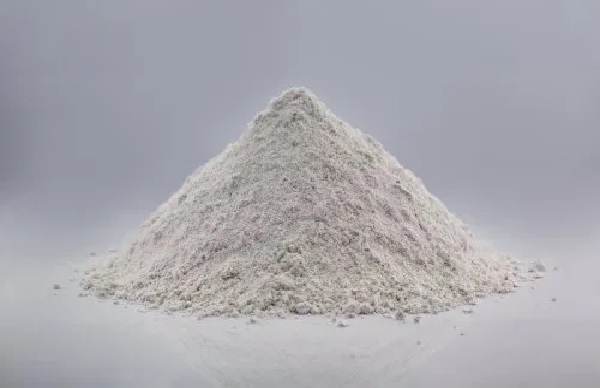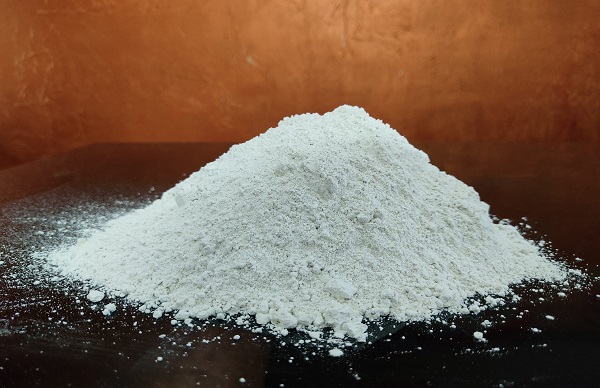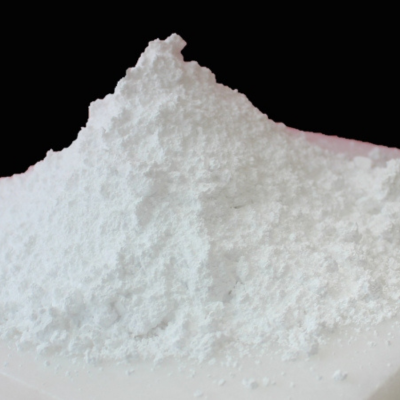
What are the names of the 3 main types of calcium carbonate?
July 25, 2023
Does soapstone dissolve in water?
August 14, 2023Introduction:
Talc powder is versatile for skin applications. It absorbs moisture, controls oil, and soothes skin, making it ideal for body powders, antiperspirants, facial powders, and skincare products for sensitive skin. Its softness and smoothness contribute to a comfortable and mattifying effect, enhancing the overall appearance and feel of the skin. However, in recent years, there have been concerns raised about its safety. In this blog post, we aim to shed light on the subject and provide evidence-based information regarding the safety of talc powder for skin. Sudarshan Group, being a reputed name in the mineral industry, is committed to delivering accurate and reliable information to consumers.
Understanding Talc Powder
Talc powder is derived from the mineral talc, which is composed of magnesium, silicon, and oxygen. It has a soft and smooth texture, making it suitable for a range of applications. In personal care products, talc powder is primarily used for its moisture-absorbing and anti-friction properties.
Safety Concerns Addressed
Asbestos Contamination: One of the main concerns regarding talc powder is the potential presence of asbestos, a known carcinogen. However, it is crucial to differentiate between talc powder and asbestos-contaminated talc. Cosmetic-grade talc undergoes rigorous purification processes to remove impurities, including asbestos. As a reputed manufacturer we ensure that the talc powder we offer is asbestos-free, adhering to stringent quality control measures and regulatory standards.
Ovarian Cancer Risk: Another controversial claim is the association between talc powder use and ovarian cancer. Several studies have investigated this link, with mixed results. The International Agency for Research on Cancer (IARC) classifies the use of talc-based body powder as possibly carcinogenic to humans (Group 2B). However, it is important to note that these findings are based on limited evidence, and no definitive causal relationship has been established.
Scientific Evidence Supporting Safety
Regulatory Standards: Talc used in cosmetic and personal care products must comply with strict regulations set by health authorities. In the United States, the Food and Drug Administration (FDA) regulates talc as a cosmetic ingredient, ensuring its safety for use in cosmetics when it meets specific purity criteria. Similarly, the European Union's Scientific Committee on Consumer Safety (SCCS) assesses the safety of talc for use in cosmetics, establishing safe limits and guidelines.
Extensive Research: Numerous scientific studies have explored the safety of talc powder, particularly its association with ovarian cancer. A comprehensive review published in the Journal of Epidemiology and Community Health in 2020 concluded that the evidence does not support a consistent and strong association between talc powder use and ovarian cancer. It emphasized the need for more rigorous research and acknowledged the limitations of existing studies.
Cosmetic Industry Commitment: Reputable cosmetic companies prioritize consumer safety and invest heavily in research and development. The talc powder they use undergoes rigorous testing and quality control measures to ensure its safety and compliance with industry standards.
Conclusion
Based on the available scientific evidence and regulatory standards, talc powder is considered safe for use in personal care products and cosmetics. Sudarshan Group, as a leading Talc Powder Suppliers in India, is committed to providing high-quality talc powder that meets stringent safety criteria. It is essential to differentiate between asbestos-contaminated talc and cosmetic-grade talc, which undergoes rigorous purification processes to ensure consumer safety. While ongoing research is important, consumers can have confidence in using talc powder from reputable sources like us, knowing that it has undergone thorough testing and meets regulatory standards.



